Key Learning Area in Focus: SCIENCE
Mr Tim Byrne | Leader of Learning Science

Key Learning Area in Focus: SCIENCE
Mr Tim Byrne | Leader of Learning Science
Science at Chevalier started 2023 at pace and with some great student achievements already.
Our HSC Physics class toured Tyree Industries to see how transformers for electrical distribution are manufactured. The trip brings to life abstract concepts the students learn about in class. It also helps students see the practical application of their knowledge and career paths their study can take them. The trip also highlighted employment opportunities in the local region which can be a concern for students studying Science. The students spoke to the engineers at the factory, discussing how the theory is applied in practice as well as how to overcome the challenges they face in their project. Students then return to the classroom where they design, build and test their own transformer. This task really immerses students in the scientific method. They research information (which is where the field trip helps), design their experiment, construct and test their transformer and make improvements based on the data they collect. They then present a scientific report on their process for assessment.
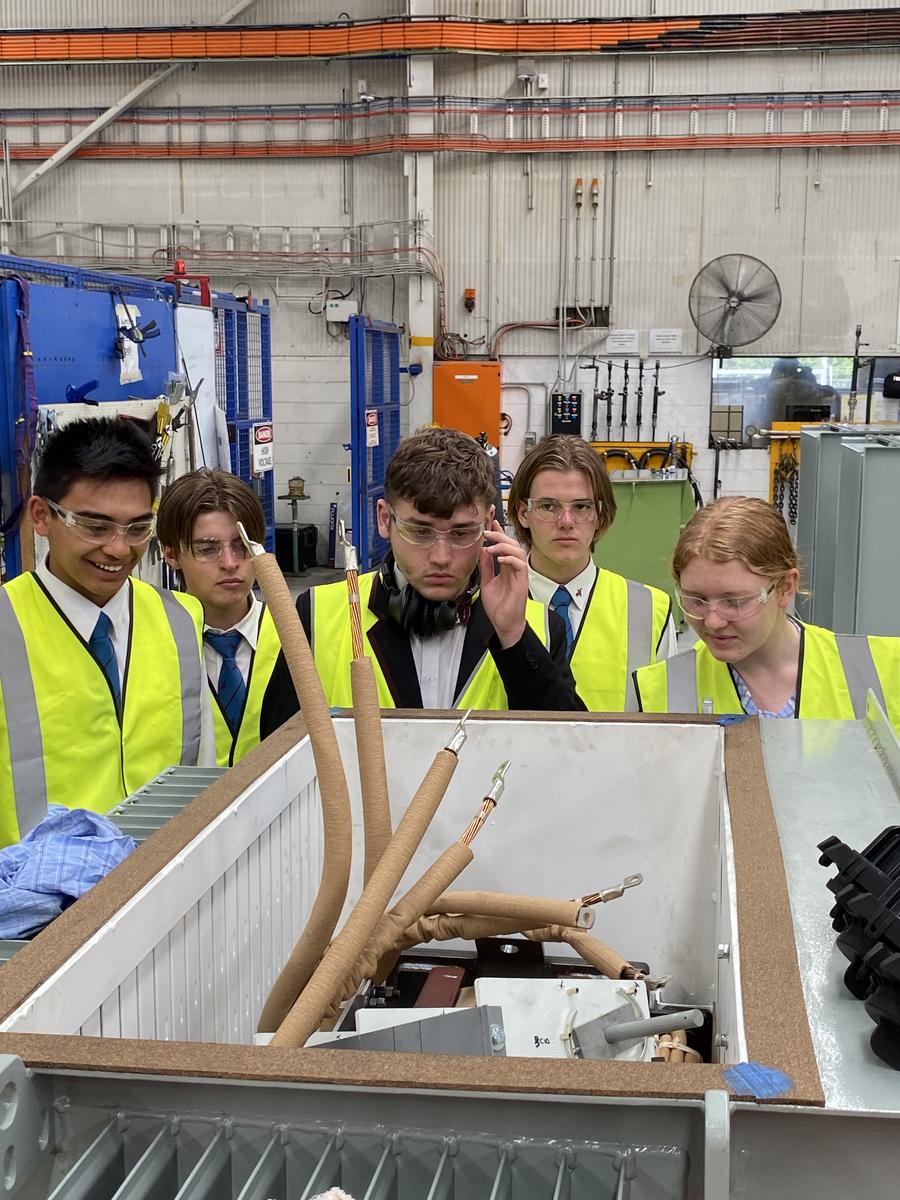
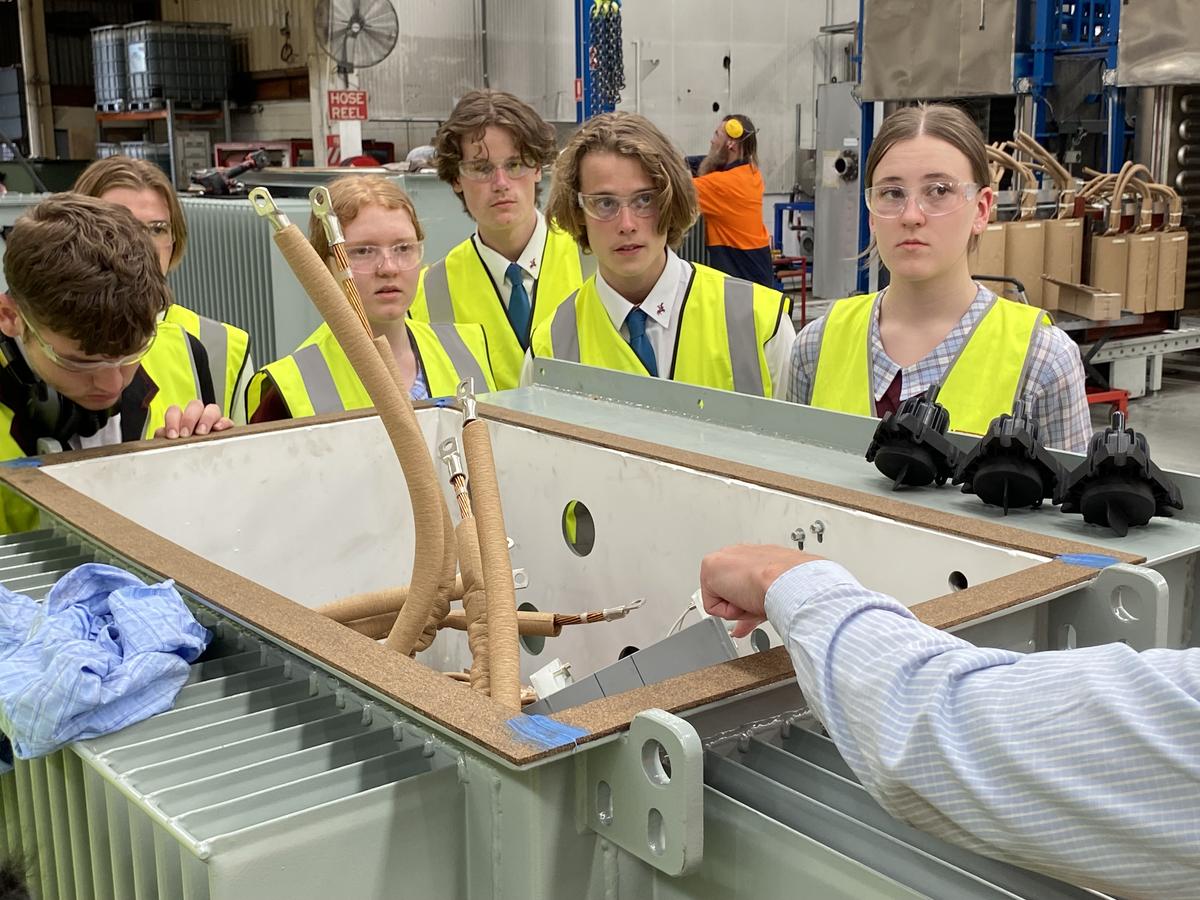
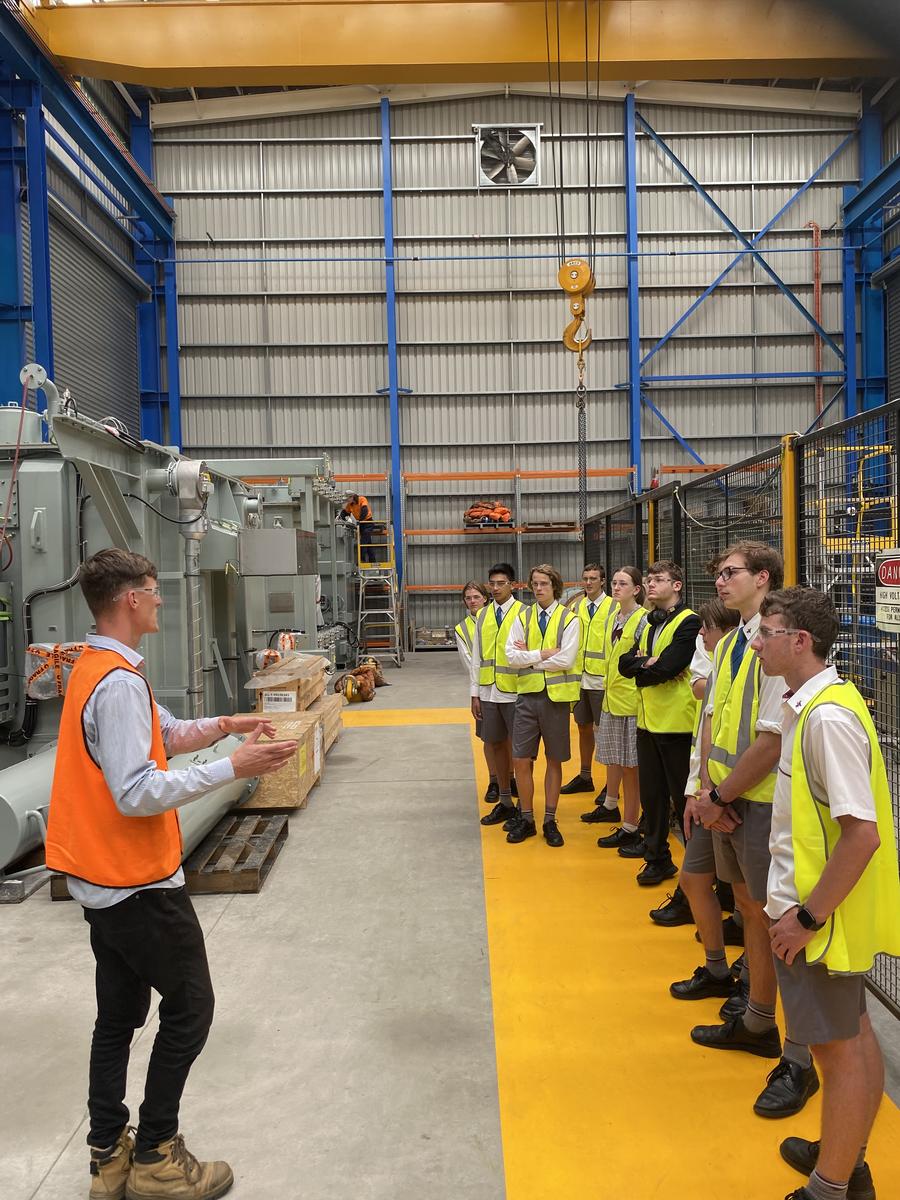
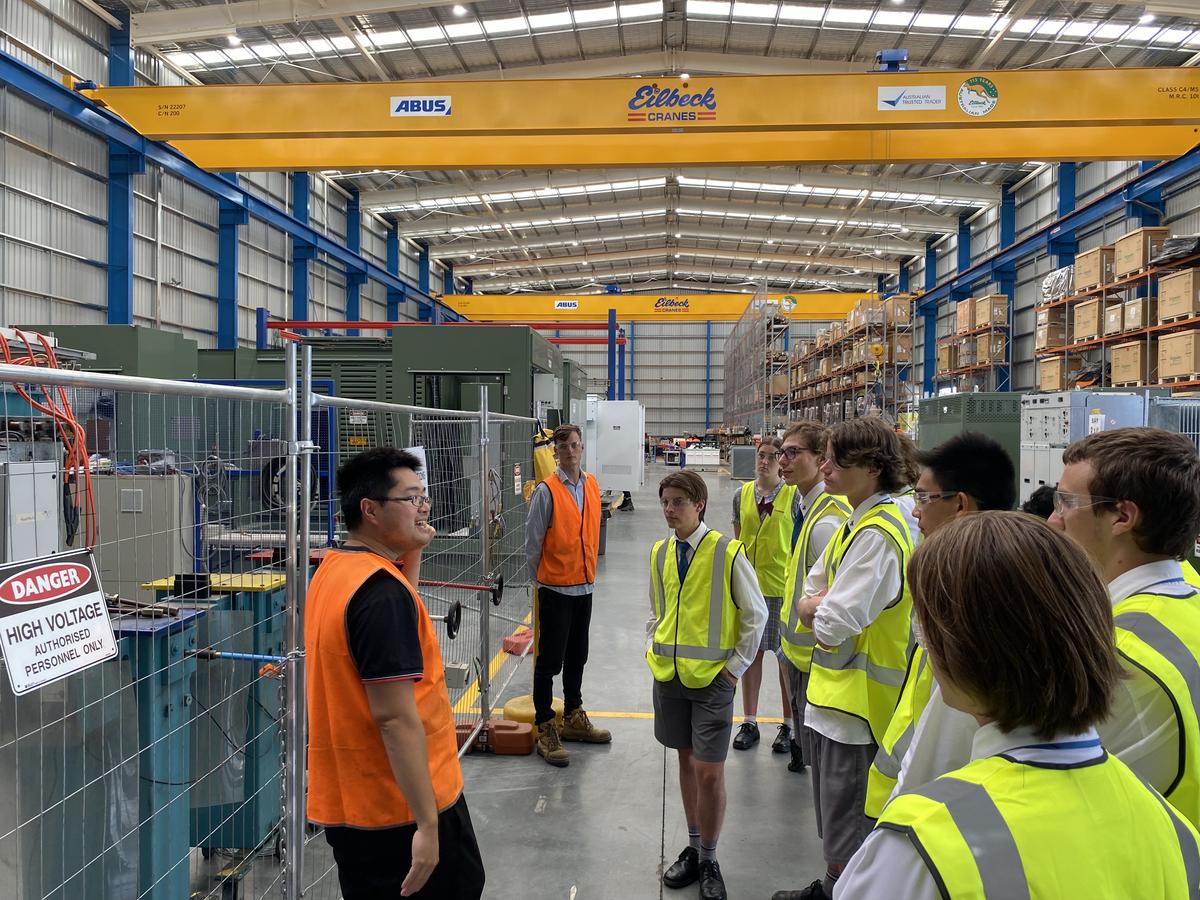
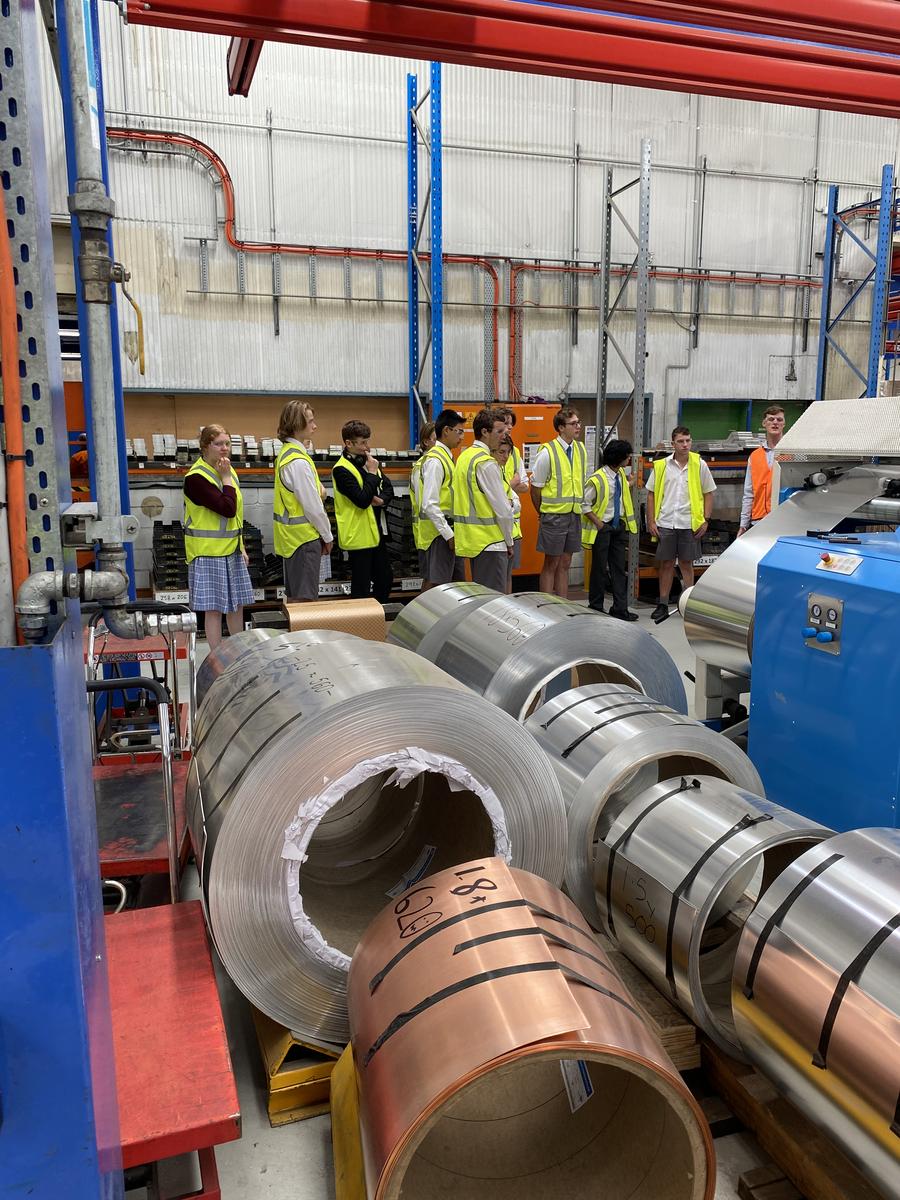
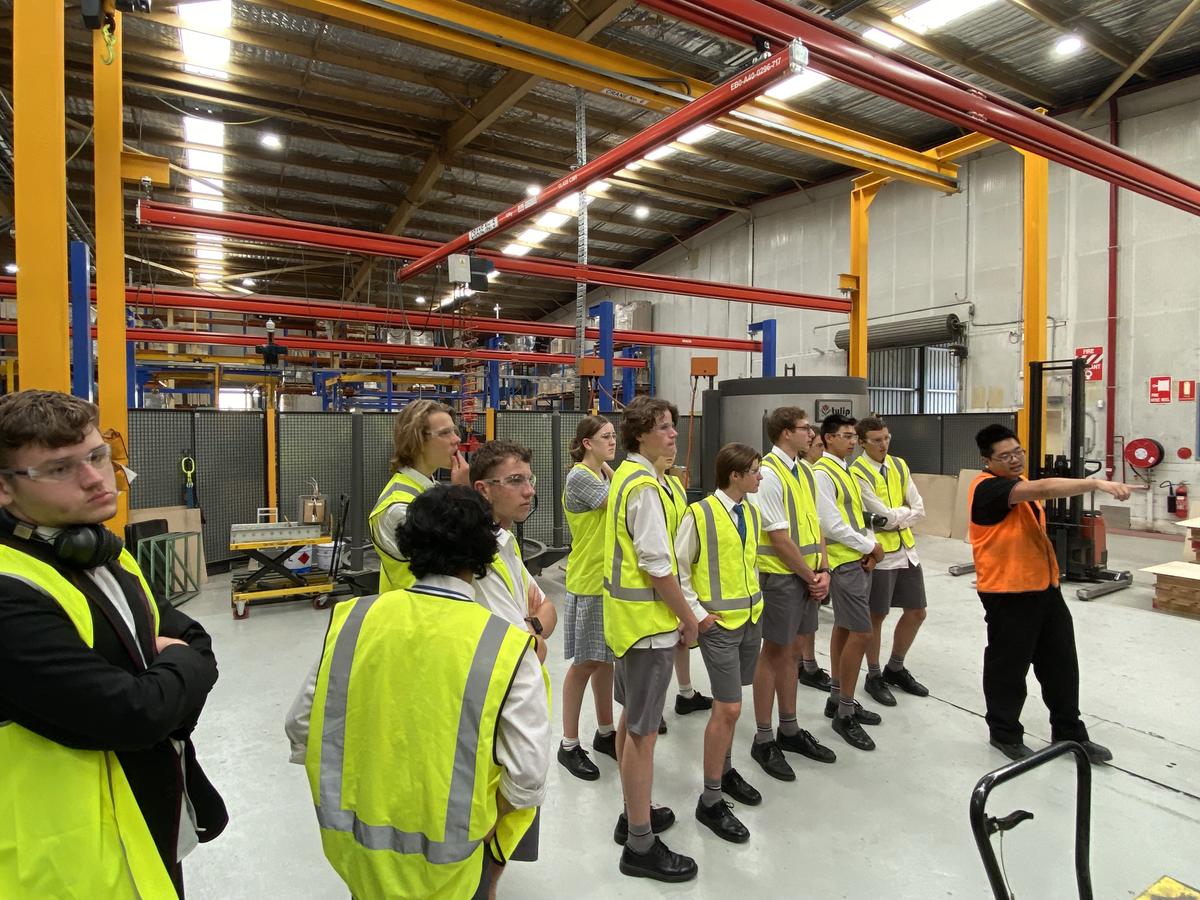






Another major achievement by our students this year has been the Science Extension Summer School at the University of New South Wales. Here students spent a week immersed in university life, working with academic mentors and developing their own, authentic, scientific research. Below, some of the students shared their reflections:
My Science Extension project looks at what makes greenhouse gases in our atmosphere so potent. I am studying whether or not the types of vibrations that occur in a molecule within the Earth’s infrared radiation range, and the strengths of bonds in those molecules, have any effect on a gases’ greenhouse potency. The time at UNSW was a hands-on experience into the world of scientific research, it was a great week filled with lots of fun and learning, and even more great memories.
Kurtis A
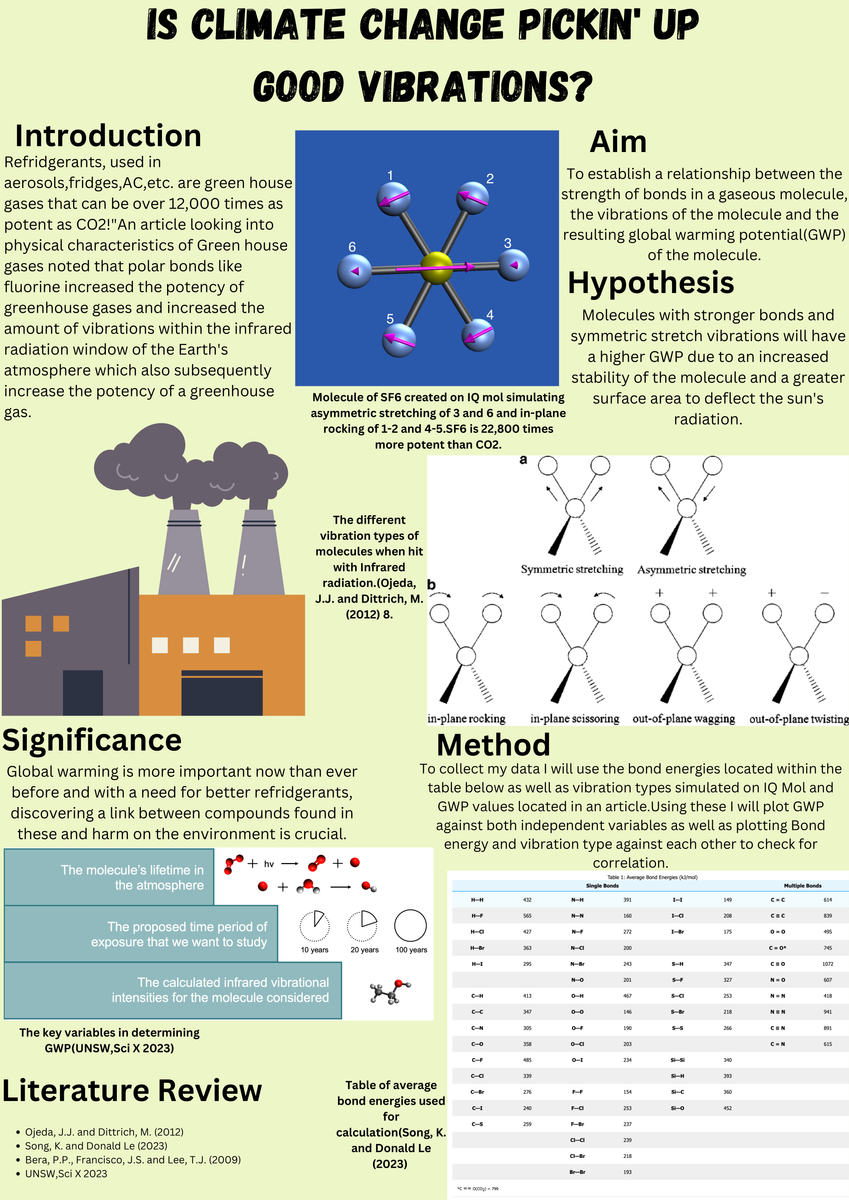

Science Extension at the UNSW was great! After a few inductions and safety reports, the majority of work I did was practical and in a lab. We had free range of the tools and materials and were able to 3D print whatever we needed. For my project I am developing a small object that could be on a key chain that can determine the percentage of alcohol in a liquid by changing colour. This could be used by people at clubs and parties to check if their drink has been spiked. Overall, it was an amazing experience that I would definitely recommend if interested in science.
Oliver K
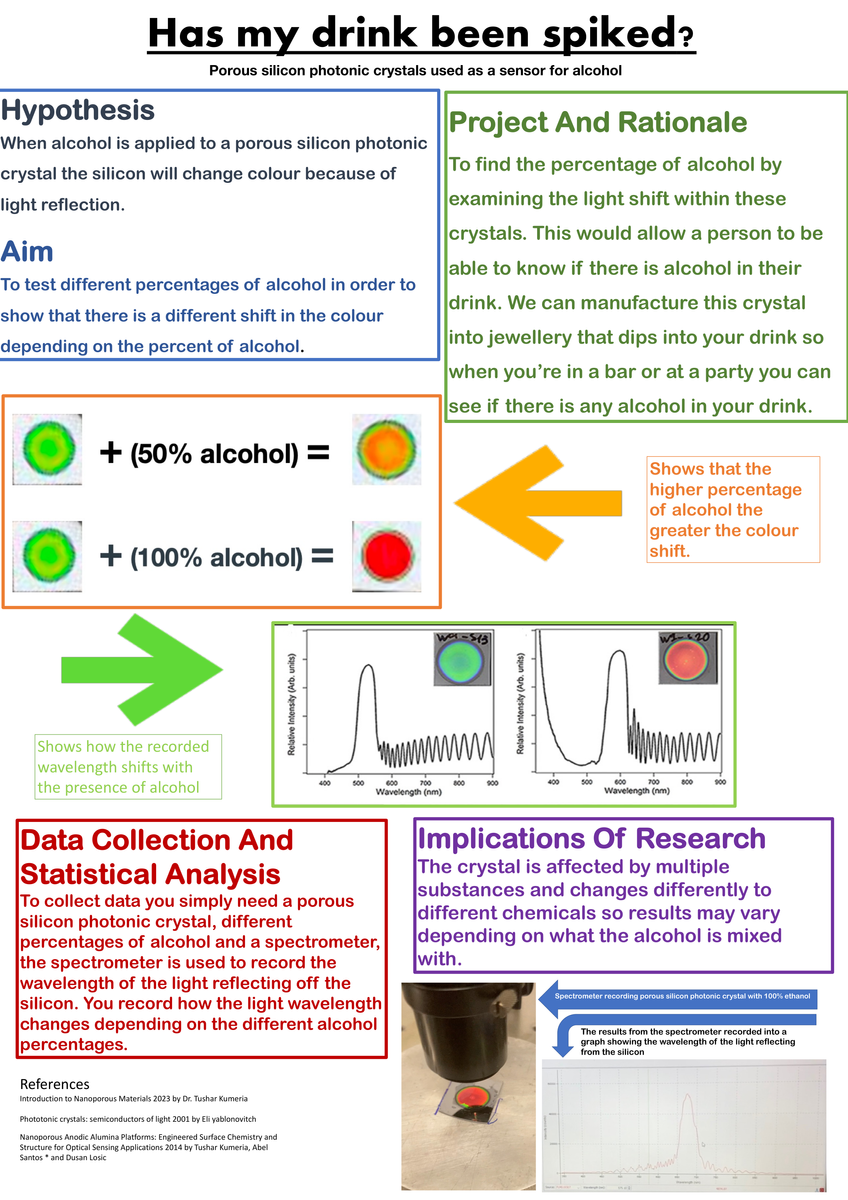

My research project for Science Extension is looking at the potential correlation between star type and their ability to host habitable exoplanets, which are planets that exist outside our Solar System. Stars are categorised by a variety of factors including: surface temperature, size, luminosity, spectra etc. I will be analysing data collected by NASA to see if a particular star type seems to be more likely to host habitable exoplanets, that is planets that are Earth-like and exist in the habitable zone around their star. This type of research is key to narrowing the search criteria for our next home.
Annabel B
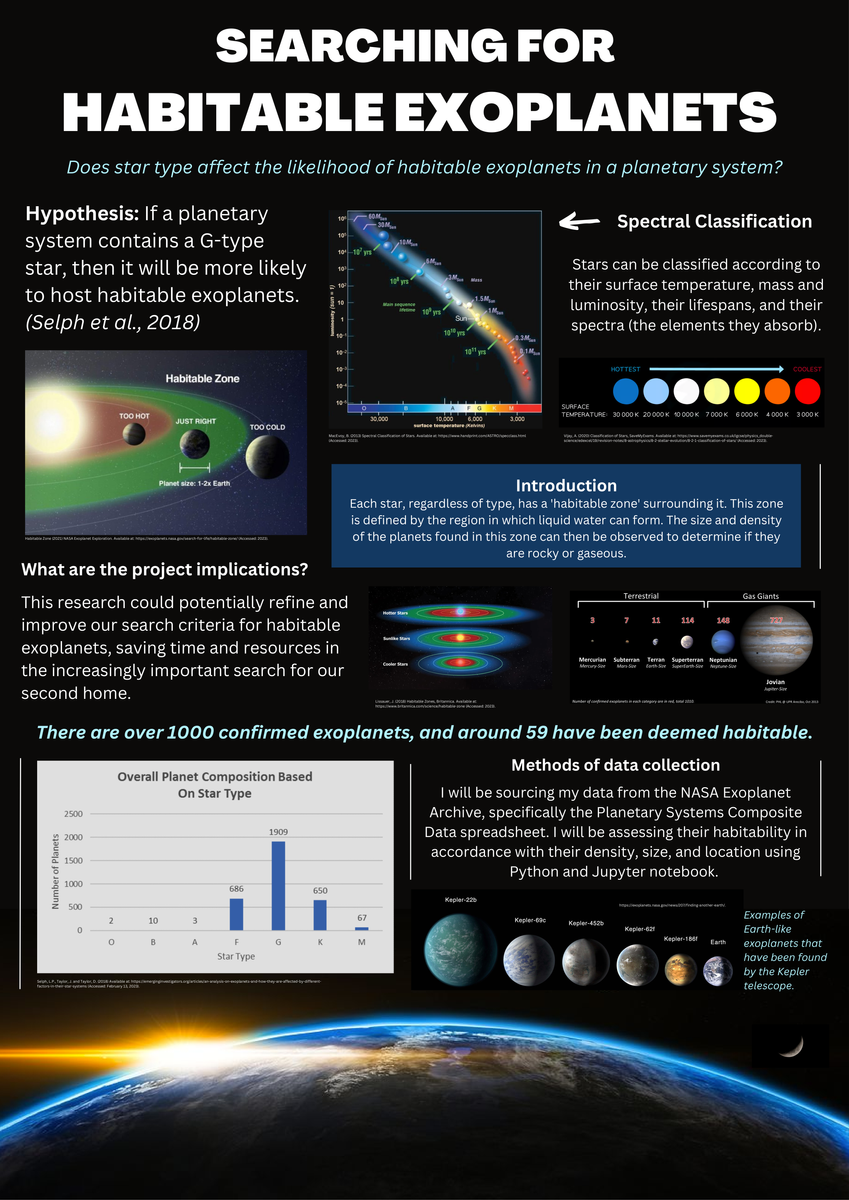

From these few reports, we can see the depth of real-world science that our students conduct at Chev. From designing experiments to test the effectiveness of treatments used to promote plant growth in Stage 4, student chosen open ended investigations in Stage 5, through to scientific research alongside academics at university, Chevalier College’s Science team is working hard to inspire the next generation of scientists.